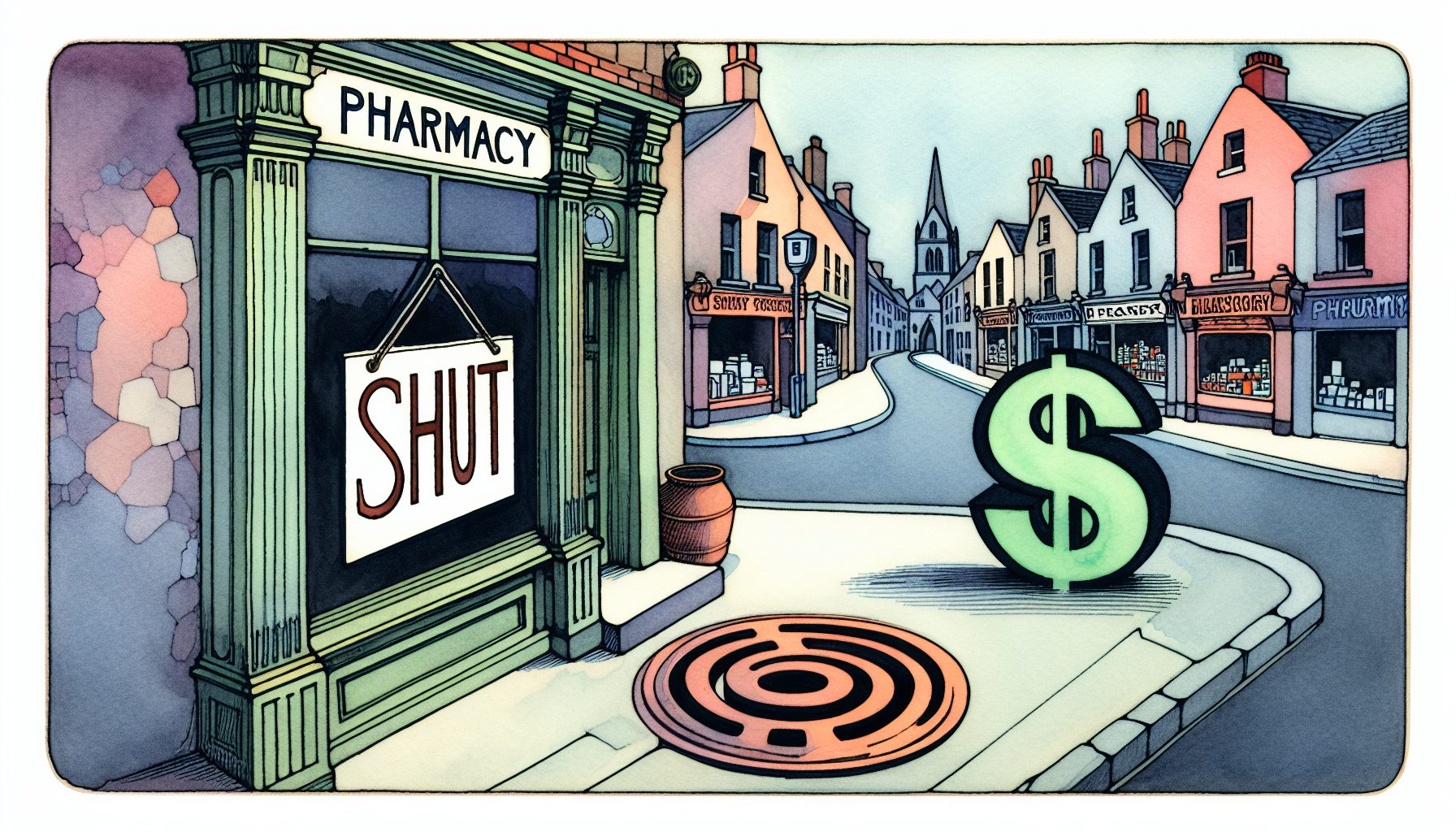Northern Ireland’s pharmacy sector is grappling with a severe funding crisis. Recent reports indicate that 12 local pharmacies have shuttered due to financial hurdles. Businesses like Melvin Pharmacy in Garrison are caught in a balancing act, using non-medical product sales to stay afloat. Especially affected are residents in rural areas, deprived of access to essential health services.
The issue is multifold. Siobhan McNulty from Melvin Pharmacy reveals one major pain point: the Department of Health’s slow response to fluctuating drug prices. Pharmacies end up in a financial sinkhole, selling hundreds of overpriced medicines before any reimbursement rolls in. This scenario not only hurts the pharmacies financially but also their capacity to serve customers effectively.
Community Pharmacy NI insists that continual underfunding is the root cause of the closures. They bring to light the DoH’s 14-year inertia in sanctioning contracts.
Challenges of sustaining Northern Ireland’s pharmacies
They are urging the department for a region-specific drug tariff. Indeed, the lasting effects of underfunding are leading to repeated shutdowns.
Pharmacy Manager Joe McAleer further examines the ripple effects, stating that dwindling stock forces patients to make multiple trips for medications. McAleer identifies escalating running costs, like utilities and paychecks, as a significant contributor to the crisis.
The closures have had a harsh impact on places like Ballyclare, where a third of the pharmacies have shut down. This has been particularly challenging for elderly residents with limited personal transport. Their access to medications and advice from pharmacists has been considerably compromised, causing public outrage.
Concern is ramping up for a solution. Suggestions include the establishment of community outreach programs, an improved public transportation system, and a mobile pharmacy service. A collaborative effort from healthcare professionals, authorities, and the public is urgently needed.
Despite these hurdles, local pharmacies are scrambling to offer more services to lessen strain on General Practitioners and Emergency Departments. The DoH states they are still supporting the community pharmacy sector and insists their assistance aligns with other UK regions. Yet, the ongoing crisis begs for a reform, innuendoing an increased, targeted, and effective utilization of support.










